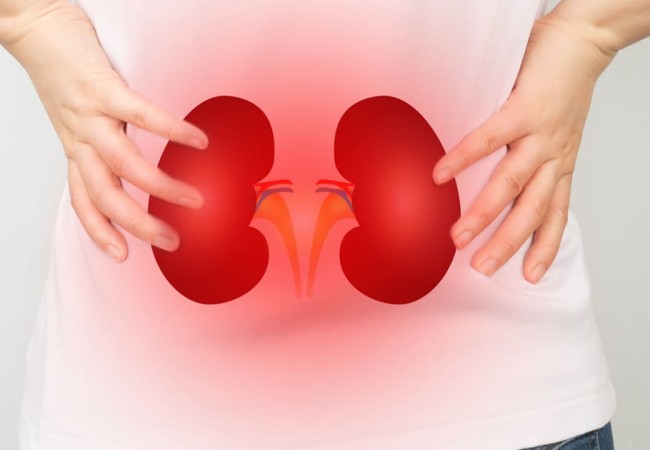 Medically reviewed by: Dr. Tom Babu, Medical Director - Written by Riya Yacob - Updated on 03/09/2024
Medically reviewed by: Dr. Tom Babu, Medical Director - Written by Riya Yacob - Updated on 03/09/2024Sudden Kidney Failure
Sudden kidney failure can be triggered by various factors, emphasizing the importance of maintaining overall health. When the body's water content drops significantly, whether due to vomiting or diarrhea, the kidneys are affected by this imbalance. The bite of a viper and certain painkillers are additional contributors. Urinary infections, kidney blockage in men due to the enlargement of the prostate gland, and kidney stones, a common ailment, also play a role in sudden kidney failure. Recognizing these risk factors is crucial for early intervention and prevention.
Chronic Kidney Failure

In contrast, chronic kidney failure is linked to long-term conditions that affect the kidneys. Chronic nephritis, a condition seen in children, as well as kidney diseases present from birth, contribute to persistent kidney problems. Lifestyle diseases, such as diabetes and high blood pressure, are significant contributors to chronic kidney failure. Understanding the connection between these conditions and kidney health is crucial for effective prevention strategies.
Preventive Measures
Preventing kidney diseases involves adopting a holistic approach to health and well-being. Managing diabetes and blood pressure is paramount, as these conditions are closely linked to kidney health. Avoiding tobacco in all its forms is not only beneficial for the lungs but also contributes to overall kidney health. A balanced diet, rich in nutrients and low in processed foods, plays a vital role. Regular exercise and engaging in practices like yoga and meditation contribute to overall wellness, reducing the risk of kidney diseases.


Kidney diseases, a critical concern in today's fast-paced world, come in two main forms - sudden kidney failure and chronic kidney failure. It is important to delve into the intricacies of these conditions, exploring their causes and, more importantly, ho

In the realm of women's health, Polycystic Ovarian Disease (PCOD) stands out as a prevalent concern affecting women across various age groups, from teenagers to those in their thirties. This syndrome of diseases, based on hormonal imbalances, manifests th